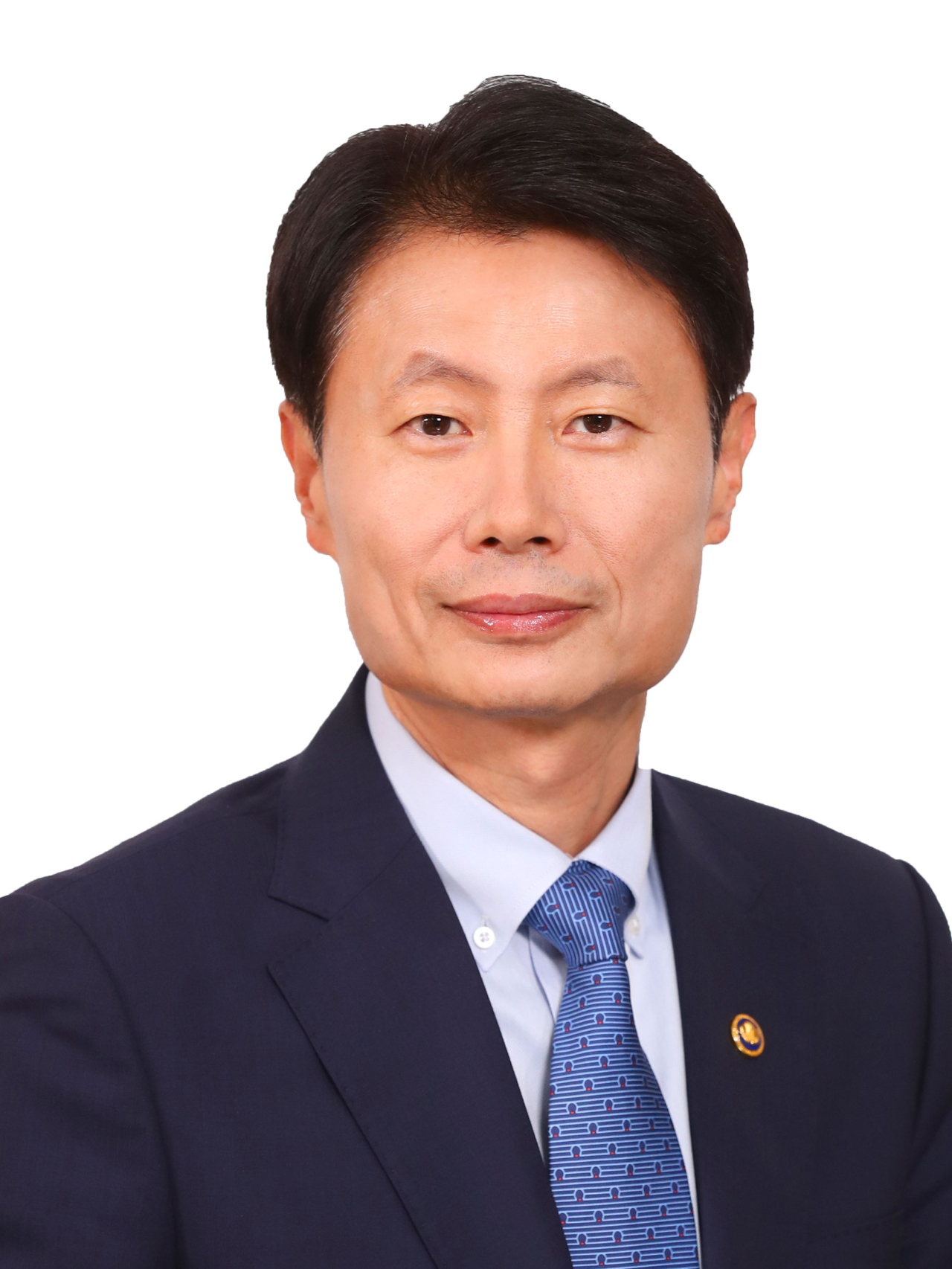 |
South Korea’s minister for Food and Drug Safety Kim Ganglip (Ministry of Food and Drug Safety) |
It happened back in 2014 when I was in Geneva, Switzerland, serving as a delegate of Permanent Mission of the Republic of Korea. I had a skin rash so I visited a local hospital, where they tested my antimicrobial susceptibility before giving me any treatment.
The hospital ran this test to see if there were any antibiotics that my body was resistant to. Little did I know before I got tested that there were not many effective antibiotics left for me. Fewer antibiotic options meant fewer treatment options. I was quite shocked to learn that bacteria in my body had developed resistance to a number of different antibiotics.
Anyone can be susceptible to antimicrobial resistance or AMR. AMR happens when bacteria develop mutations that protect them against antibiotics. If you are infected with bacteria resistant to antibiotics, drugs will no longer work, meaning that even a mild infection can be difficult to treat and could potentially become fatal.
The World Health Organization has already declared AMR as one of the gravest health threats to humanity. It is called the silent pandemic because it is almost as great a health threat as COVID-19, albeit invisible. A 2016 British report on AMR, titled “Tackling Drug-Resistant Infections Globally,” warned that if the AMR issue is left unaddressed, the number of deaths caused by antimicrobial resistance every year could grow to 10 million by 2050.
AMR is a complex issue where human, animal, and environmental health are all closely intertwined. This is why the international community should take the “One Health” approach and join hands to address AMR on a global level. In 2015, the World Health Assembly adopted a resolution calling for global solidarity to tackle the growing problem of AMR and endorsed a global action plan on AMR.
The Republic of Korea has also joined the global efforts by facilitating discussions on AMR at the Global Health Security Agenda 2015 High-level Meeting in Seoul.
However, more efforts are needed to eradicate AMR. Our goal must be to reduce the amount of antibiotics that are allowed to get into the human body and we must also reduce the amount of antibiotics that are used in the livestock and fishery food production industry.
To this end, Korea has made steadfast efforts in mitigating foodborne AMR, the most recent effort being the 8th Session of Ad hoc Codex Intergovernmental Task Force on Antimicrobial Resistance (TFAMR08) from Oct. 4-13, hosted by the Ministry of Food and Drug Safety together with the Food and Agriculture Organization and the WHO.
The virtually held TFAMR08 culminated in great success, with over 360 attendees from 72 countries taking part in active discussions to establish internationally harmonized standards on foodborne AMR. As the host country, Korea made a significant contribution by taking the lead in finalizing international standards.
I hope the TFAMR08 will serve as an opportunity to catalyze public interest and discussion around AMR in Korea. At the international level -- for example at the UN General Assembly and ministerial meetings -- AMR is often discussed as one of the key agendas for health.
However, it seems that AMR and its seriousness have not been receiving enough attention in Korea. In countries like the Netherlands, Sweden and the United Kingdom, it is not uncommon to see AMR education and awareness raising campaigns. Students learn about AMR from an early age; and celebrities show the proper way to use antibiotics in public service advertisements.
In fact, there are many ways to prevent the spread of foodborne AMR in daily life: washing hands frequently, storing food at a safe temperature, storing raw foods separately from cooked foods, making sure foods are fully cooked, and consuming clean water and ingredients. We should all pay close attention to AMR before it is too late, so people won’t find themselves in the same frustrating situation that I had in Geneva.
Kim Ganglip is the minister of South Korea’s Food and Drug Safety. The views expressed here are his own. -- Ed.
By Korea Herald (
khnews@heraldcorp.com)




![[AtoZ of Korean mind] Ever noticed some Koreans talk to themselves?](http://res.heraldm.com/phpwas/restmb_idxmake.php?idx=644&simg=/content/image/2024/11/03/20241103050186_0.jpg)



